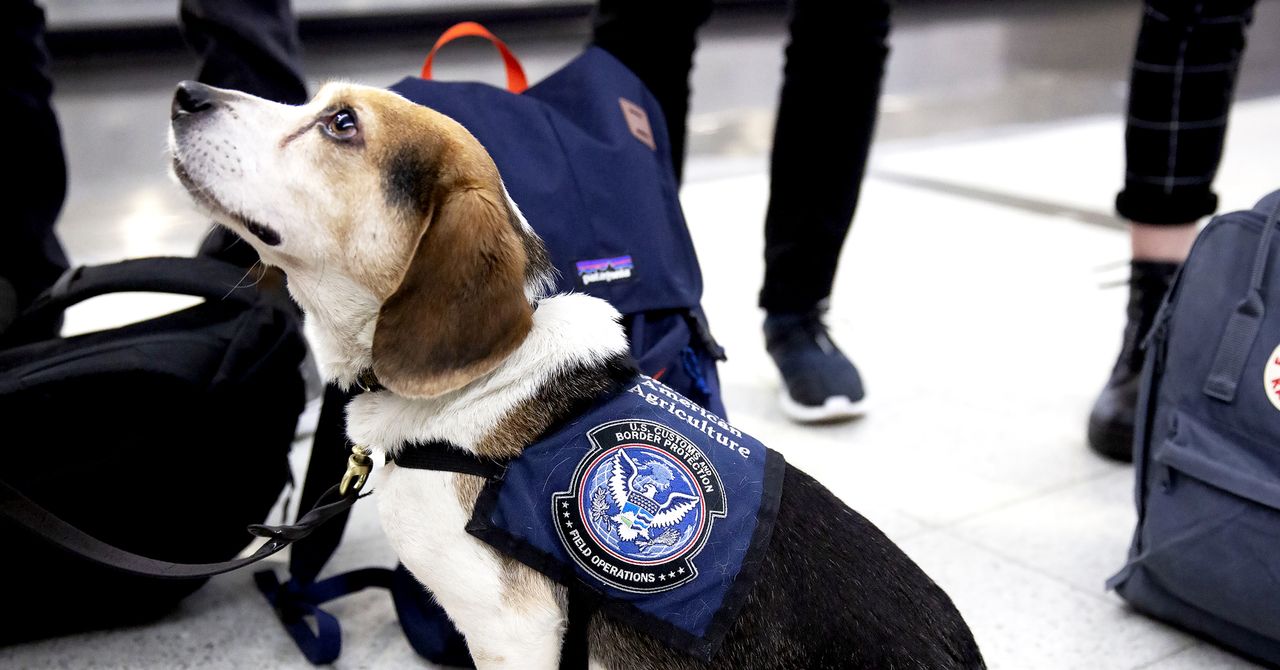Armando Rosario-Lebrón, a vice president of the National Association of Agriculture employees, who represents workers in plant protection and quarantine program, said the cutting of the workforce was “absolute chaos”.
“These ports were already tense in how they processed load, and now some of them are completely desimized,” says Rosario-Lebrón. “We can get back to problems at pandemic level for some goods if we don’t correct it.”
The Department of Agriculture did not respond to a request for comment. Republican Senator Joni Ernst, who was a vocal supporter of Doge’s efforts, previously supported the USDA’s dog training program and legislation by the cosponsored, which would give it permanent financing. Her office declined to comment on cuts to it.
Two federal judges and an independent agency assessing government staff decisions have already ordered that USDA employees be re -introduced. Earlier this week, the USDA said it would interrupt the terminations for 45 days and develop a phased plan for return-to-service. ” But the affected staff remain in the dark about their future, and the Trump administration indicated that they would fight the decisions of the court to reinstate employees, with the White House press secretary, Karoline Leavitt, who calls one of the decisions ‘absurd and unconstitutional’.
As this legal and regulatory battles still play out, Hudicka says he expects a number of effects to occur, such as local resources market wars, after which larger cities and larger grocery chains will be better equipped than MA and Pops and Rural Communities. Hudicka says that allowing shipping containers that can be uninfected can also affect other sectors as the delays will prevent them from being reused for other types of goods. “Those containers are supposed to move things every day, and now they are just parked somewhere,” he says.
Kit Johnson, the director of trade compliance with US Customs broker John S. James, also predicts that prices and waste are rising. But what increases most alarms for him is the greater likelihood that invasive species slip through inspection cracks. He says the price of missing an imminent pest is to “eradicate an entire agricultural commodity”, an event that “cannot just have economic but national security impacts”.
The dismantling of the Department of Agriculture could even have consequences for the US Customs and Border Protection, which deployed the dogs trained by Copeland and other staff at the National Dog Dectection training center. CBP also works closely with the USDA in other ways, especially at access points. The two agencies run the agricultural quarantine inspection program, but it is funded by the USDA. Many animals for the inspection of animal and plant health inspections do not rely on taxpayers dollars to operate, but instead raise fees with importers and other players in the industry. In this way, it subsidizes some of the agricultural -related activities of CBP. CBP did not respond to a request for comment.
While the fired USDA workers are waiting to hear if their reinstatement will actually happen, ports are starting to feel their absence. “There are not so many inspections done, and it doesn’t just keep us in danger,” says Lahar. “It puts our farmers and our food chains at risk.”
UPDATE 3/17/25 12:42 PM EST: A reference in this story to “Swine Flu” was updated to “Swine Fever” to reflect more accurately the type of diseases typically detected by disease sniffed.
